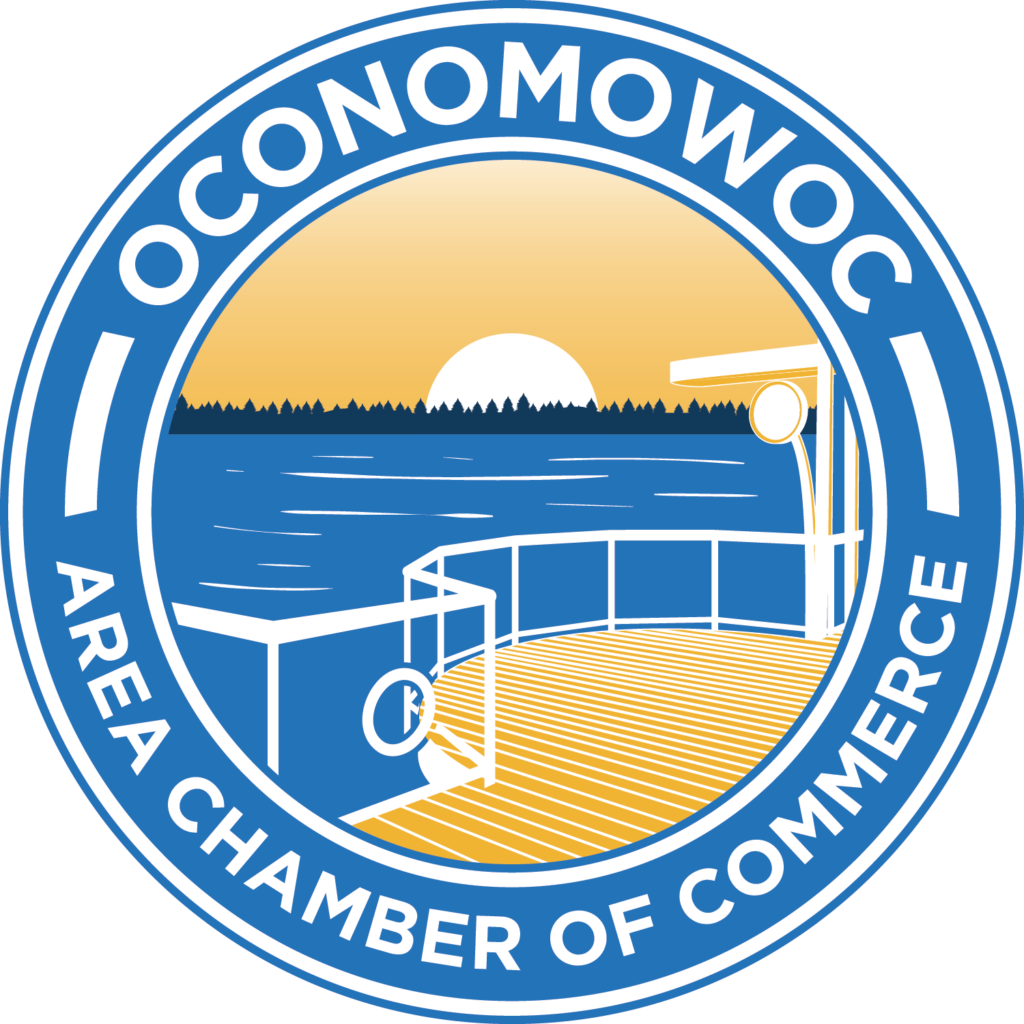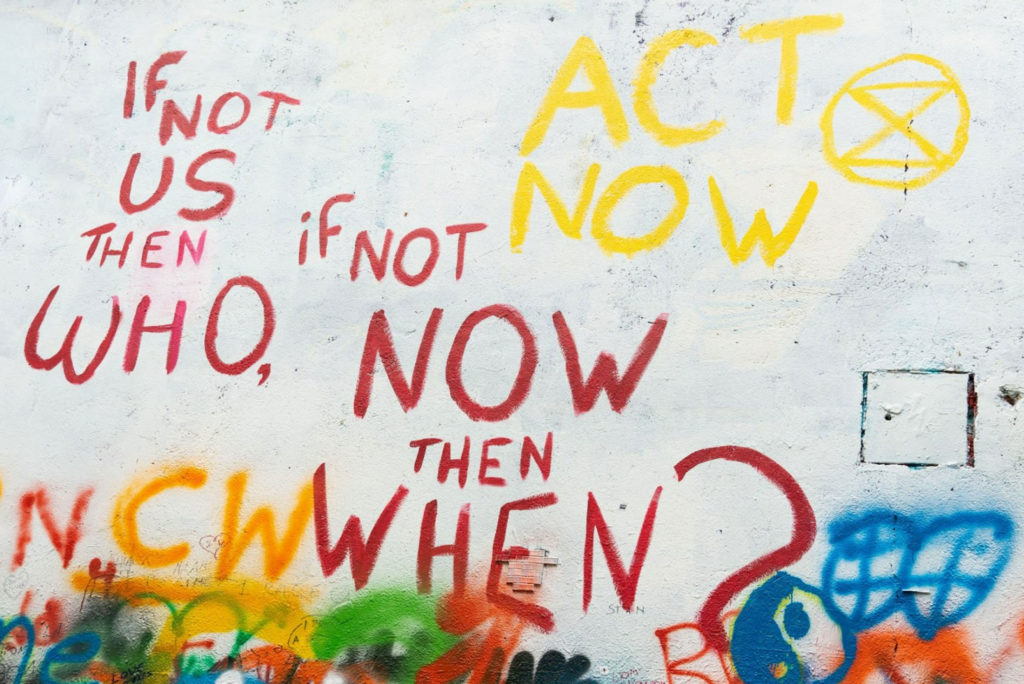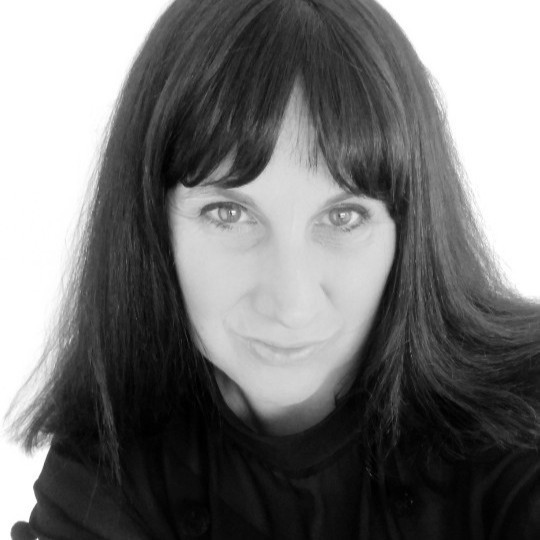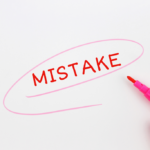What Happens Next When You Find Skill Gaps, Threats and Risks?
Contributed by Idea Collective Member:

Ali Uren
Founder at 𝗞𝗶𝗶𝗸𝘀𝘁𝗮𝗿𝘁
So you have taken time to review the business holistically as part of transformation and change but what happens next when you find skill gaps, threats or risks?
What are the questions to ask yourself early on so you make the right decisions about the next steps in terms of organizational innovation?
Remember we are talking about skill gaps, threats and risks across every part of the business, not just the usual focus areas found in a traditional risk plan.
Key areas that are included within a contemporary holistic risk plan, or innovation capability plan as I refer to it includes the following:
Below are six insightful and useful questions I work through with clients and their teams to create a response that will deliver the desired change project outcomes and impact.
Note these questions are worked through in the early planning stages of a transformation and change project with each question creating space for different thinking that leads to a well thought out response – not panic.
6 Questions to help design your response as a project team
1. What is the root cause of this skill gap, threat and risk?
Why does it exist within the organization and workforce? This needs to be handled with diplomacy but also truth and an open, supportive dialogue.
2. How long has the skill gap, threat or risks existed?
If this can be identified, why did we not take action before? It’s essential to allow time for the team to think and reflect on these roadblocks – name it and claim it as a united team.
3. What is the consequence of not taking action now and to whom?
4. What benefits, sustainable outcomes and impact will there be if we take action now?
Making change can be confronting so it is useful to identify the benefits to get workforce commitment as early as possible.
5. Describe the first steps in terms of the most important action and when you would need to start.
Identifying the first steps helps make the process not so overwhelming.
6. What does great look like in the next 6, 12 months or 18 months – what could we become as a business and workforce from taking this action?
Being able to visualize and describe the outcomes and impact at certain points in time is key to maintaining focus, buy in and momentum.
Why design our response rather than just try to manage the risk?
There are a number of reasons why we need to proactively be prepared for challenge, change and crisis rather than just try and manage the risk during times of organizational wide transformation and change.
Why?
When we are under pressure our ability to be creative and forward-thinking decreases, which is not helpful as it is when we need to be at our most strategic and visionary.
By embedding regular skill gaps, threat and risk reviews into our day to day operations we de-risk the risk. While also creating models and workforces that have the confidence and insights needed to prepare well in advance as part of transformation and change.
There is a sustainable change in mindset and behaviour as people become in control rather than always being reactionary and blowing their adrenal glands in the process!
The lesson from all this – as a final takeaway. Make a Conscious Decision to Disrupt Yourself Before It happens. Your workforce will thank you for being forward thinking as will your bottom line.
If you are committed to creating new growth opportunities and helping your team not be fearful of the future, please reach out at kiikstart.com/contact or linkedin.com/company/17967585
Or if you want to keep across the project lessons and insights learnt from our work in the real world and receive useful tips and content, please join us by signing up to our semi regular newsletter. Generosity matters to us.







